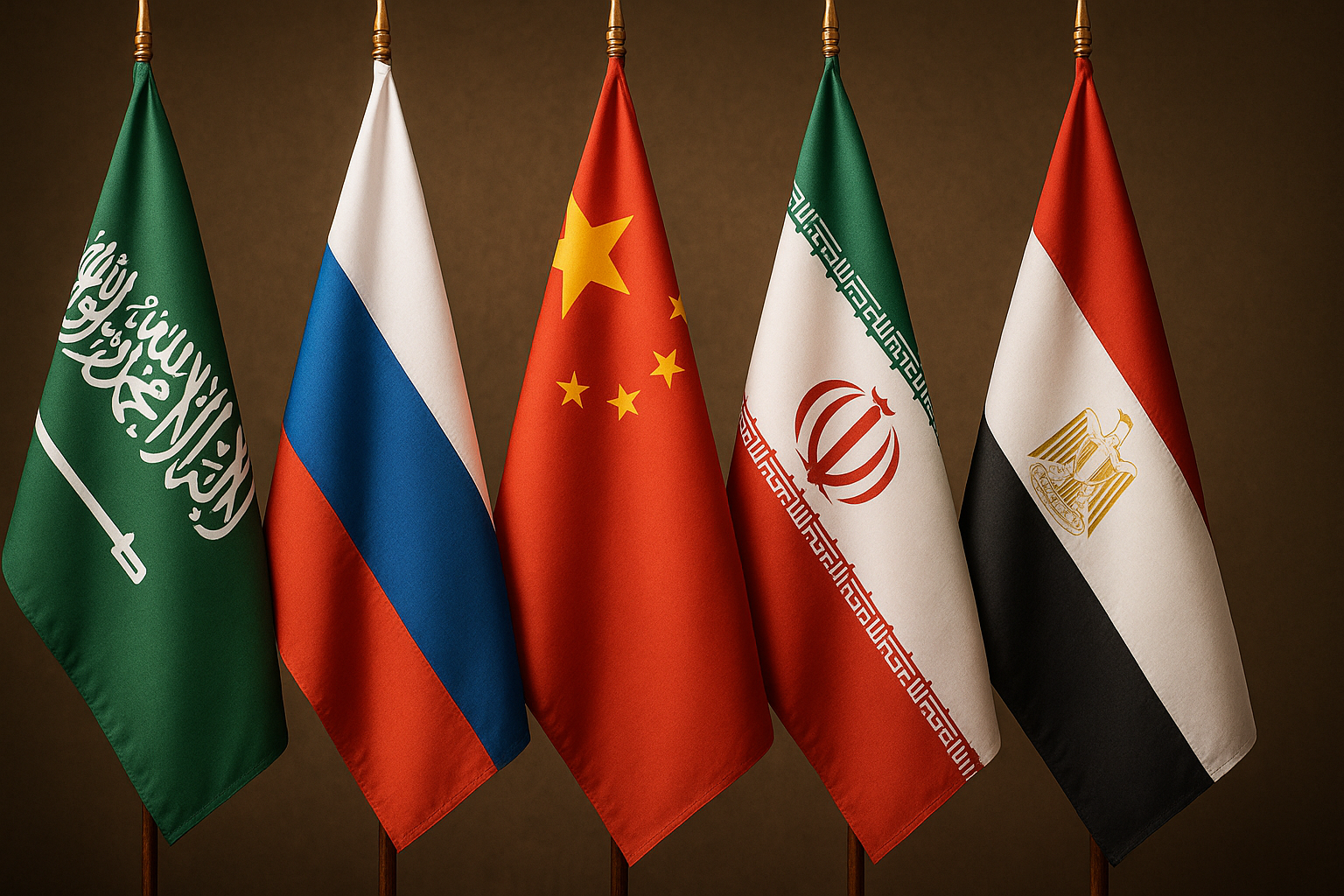Longevity, influence and the social media trap: Who do we trust with our health?
In a world where six-pack abs are flaunted more than six-point health plans, who are we really trusting […]

In 2024, BRICS swelled in size, welcoming Saudi Arabia, Iran, Egypt, and others into its ranks. Now representing over 40% of the global population and nearly a quarter of the world’s GDP, many are hailing the group as the dawn of a post-Western world order.
But is this bloc genuinely different — or simply power in new packaging?
Let’s not gloss over the facts: BRICS is now a coalition dominated economically by China and politically influenced by Russia. It includes authoritarian regimes, petro-states, and governments with little tolerance for dissent, press freedom, or political opposition.
The alliance likes to champion “multipolarity” — the idea of a world with many power centres. In theory, that sounds promising. But if these new centres of power mirror the same control, censorship, and elite dominance we’ve seen elsewhere, are we truly better off?
Multipolarity doesn’t automatically equal justice or equity. A new empire is still an empire, even if it flies a different flag.
Yes, the West’s grip may be loosening — but if BRICS is to be the alternative, it must stand for more than anti-Western rhetoric. It must uphold the rights, freedoms, and democratic values that many of its members currently suppress.
Otherwise, the world isn’t shifting towards balance — just trading one dominant force for another.
If the West is fading and BRICS is rising—what kind of world are we building? Let’s talk

In a world where six-pack abs are flaunted more than six-point health plans, who are we really trusting […]

In the era of social media, post-COVID, and with mental health at the forefront, a shift is taking […]